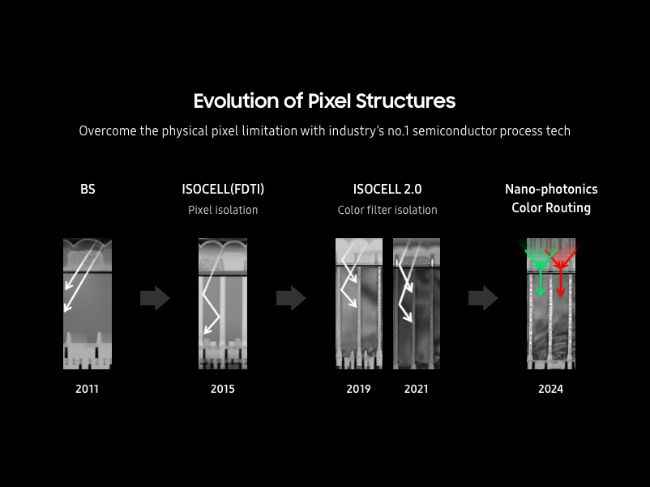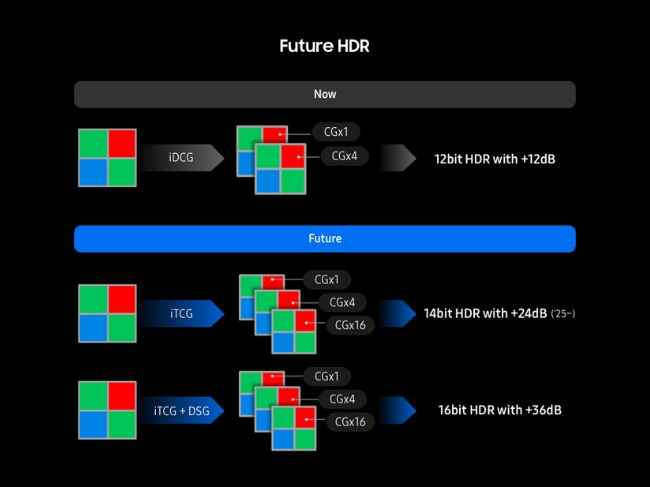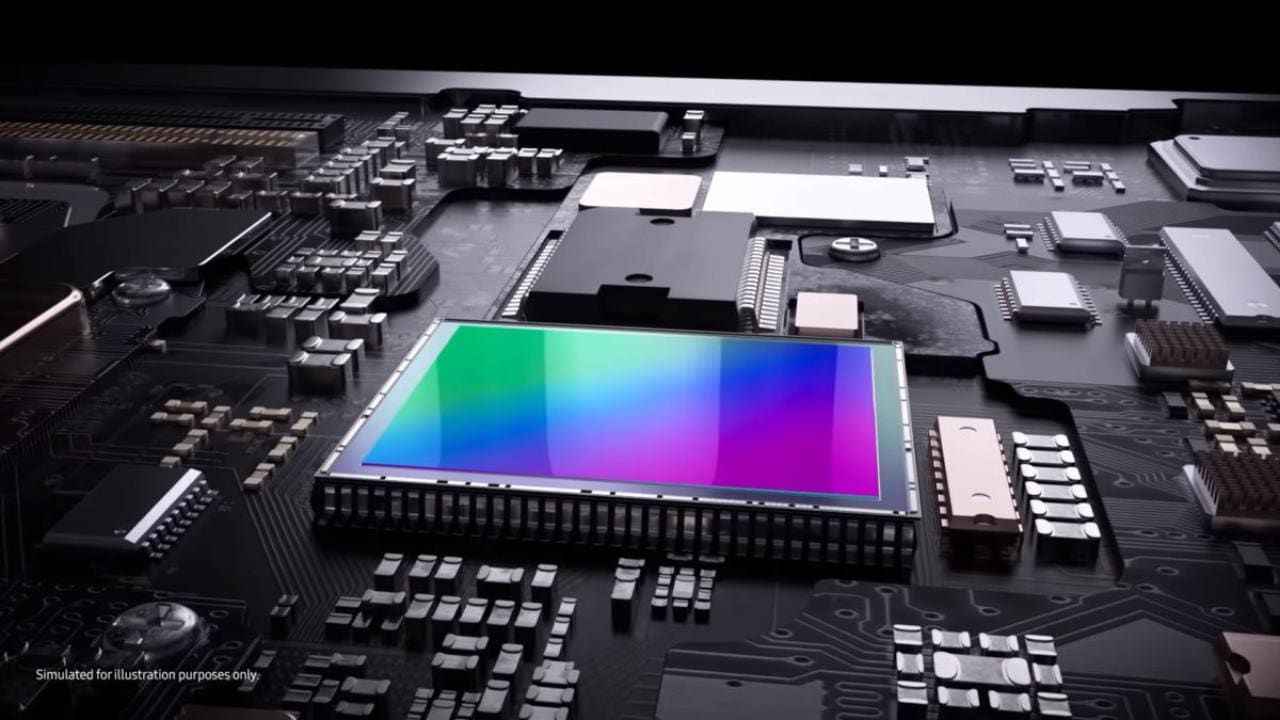Samsung to bring new ISOCELL camera sensors to drastically improve video quality on smartphones | Digit
Tech giant Samsung has been one of the biggest names in the smartphone industry, and it has managed to become so based on its acquired expertise in different aspects of mobile phone technology. One of the key areas where Samsung has arguably established its dominance is the cameras department, and now it appears the company is ready to take this forward by bringing
big improvements with its next-generation ISOCELL camera sensors. Interestingly, the fruits of its labour will be seen majorly in the video department, which is much harder to nail than still images.

Samsung has explained how it plans to improve video quality by enhancing the light sensitivity, luminance range, dynamic range, and depth sensing of the new sensor. This, as the company explains, will be achieved by using a new high-refractive nano-structure for the optical wall between the colour filters of pixels. But as is the case with all good things, we’ll have to wait for a little for it though because this nano-photonics colour routing system will only be available on ISOCELL cameras in 2024.

“We are developing another innovative high refractive nano-structure to utilize the light of adjacent pixels to extreme levels. By applying these nano-photonics technology, we’re achieving high sensitivity that goes beyond the usual limits… With our future technology, we aim to keep changing and improving the ways our users capture images and video, and close the quality gap between the two. Our goal is to create solutions for the future through sensors that enhance human life, making it better, safer and healthier”.
Improved HDR performance in videos
Samsung claims one of the ways in which the new sensors will help improve video performance is by improving dynamic range in videos and thereby improving HDR in them. Interestingly, this will be achieved by Samsung bringing 14-bit HDR with its new ISOCELL sensors for a much wider dynamic range in videos and that too without increasing the power consumption while shooting these videos.
In a statement, it explained, “we are building an in-sensor, single exposure HDR technology. This enables the process required on SoC to be simpler, consume less power and reduce the motion artefact effect for HDR video.”
But that’s not where Samsung aims to stop. It also revealed that the company is already working on the next step and plans to bring 16-bit HDR sensors soon.
For more
technology news,
product reviews, sci-tech features and updates, keep reading
Digit.in or head to our
Google News page.
For all the latest Technology News Click Here
For the latest news and updates, follow us on Google News.

